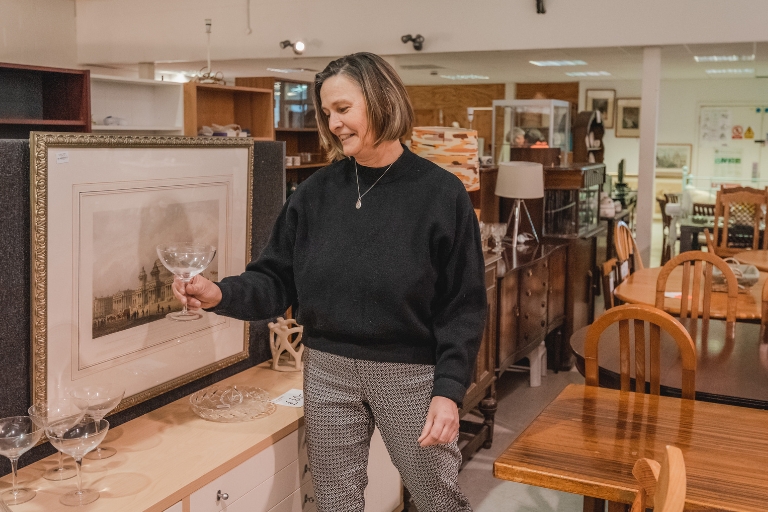Black History Month 2023: Pioneers in Healthcare and the Hospice Movement
October is Black History Month; a time to honor the profound contributions of Black individuals throughout history. The theme this year is ‘Saluting our Sisters’, highlighting the crucial role that black women have played in shaping history, inspiring change, and building communities.
As part of this, we wanted to shine a spotlight on some of the remarkable Black figures who have made enduring impacts on healthcare and the hospice movement, not only transforming the landscape of healthcare but also bringing comfort and solace to countless individuals during their most vulnerable moments.
Mary Seacole: A Trailblazing Nurse

Photo of Mary Seacole from the Mary Secole Trust Website
Mary Seacole, born in Jamaica in 1805, is a seemingly well-known figure in the history of healthcare. At a time when racial and gender barriers were insurmountable, she defied the odds and became a celebrated nurse and healer. During the Crimean War, Seacole established the “British Hotel” near the front lines, where she provided crucial medical care to wounded soldiers. Her indomitable spirit and dedication to healing made her a beloved figure among troops, and her contributions to nursing continues to be celebrated today.
Dame Elizabeth Anionwu: Championing Nursing Excellence

Dame Elizabeth Anionwu is a contemporary healthcare leader whose impact on the nursing profession is immeasurable. As a pioneering nurse and academic, she has dedicated her life to promoting equality and diversity within healthcare. Anionwu’s advocacy for improving healthcare for people of all backgrounds has earned her numerous accolades, including being named a Dame Commander of the Order of the British Empire (DBE). In July 2018, as part of the celebrations for the 70th Anniversary of the National Health Service, Elizabeth was included in the list of the 70 most influential nurses and midwives in the history of the NHS.
Dr. Duma Malindi: Advancing Palliative Care in South Africa
Dr. Duma Malindi is a South African doctor and healthcare leader known for her work in palliative care. With a career marked by compassion, dedication, and a relentless commitment to improving the quality of life for individuals facing life-limiting illnesses, Dr. Malindi has made a profound impact on the healthcare landscape in South Africa. She has been a prominent advocate for improving access to quality end-of-life care, especially in regions with limited resources. Dr. Duma Malindi’s work continues to leave a lasting legacy in the field of palliative care and healthcare, making it more comprehensive, accessible, and patient-centered.
Dr. Comfort Momoh: Advocating for the Eradication of Female Genital Mutilation

Dr. Comfort Momoh is a British nurse and midwife recognized for her expertise in female genital mutilation (FGM) care. After graduating from the Florence Nightingale School of Nursing & Midwifery at King’s, Dr Momoh worked as a midwife for 20 years at Guy’s and St Thomas’ NHS Foundation Trust in London and it was here that she set up one of the first FGM clinics in the country, in 1997. She has worked tirelessly to raise greater awareness about FGM, providing training, workshops, seminars and conferences, raising awareness on the health issues of FGM and campaigning for the eradication of the practice. She has also edited a book (Female Genital Mutilation, 2005) on the subject.
We also profiled Daphne Steele, the first black matron in the NHS, on our website last year.
During Black History Month in the UK, we celebrate the enduring legacies of these Black healthcare pioneers and their immense contributions to the field of medicine and the hospice movement. As we pay tribute to these trailblazers, we are reminded of the importance of diversity and inclusion in healthcare, as their work continues to inspire future generations of healthcare professionals to provide quality care for all, regardless of background or circumstance.












